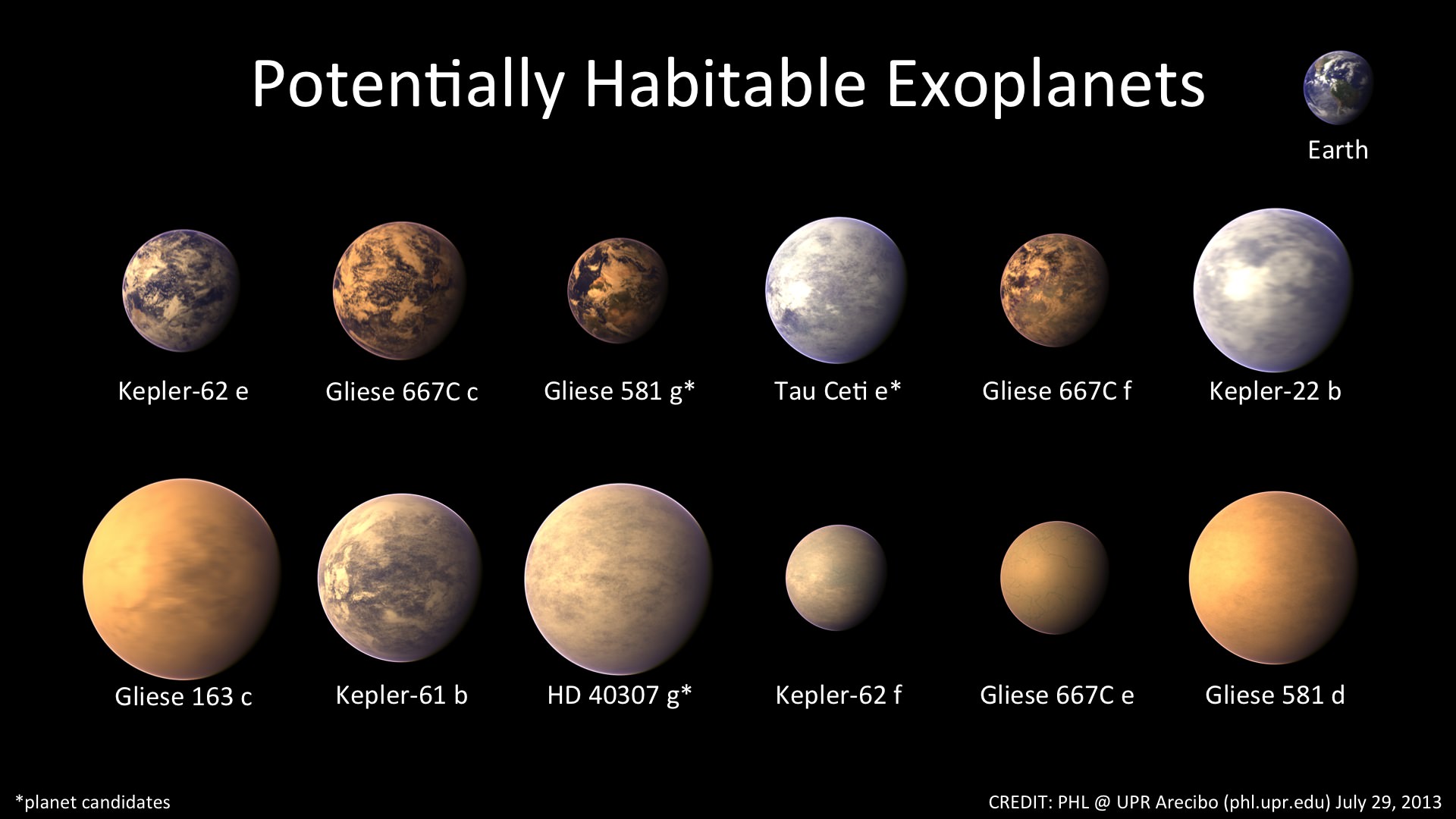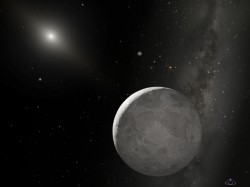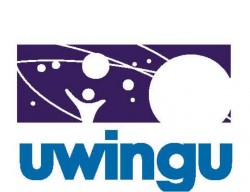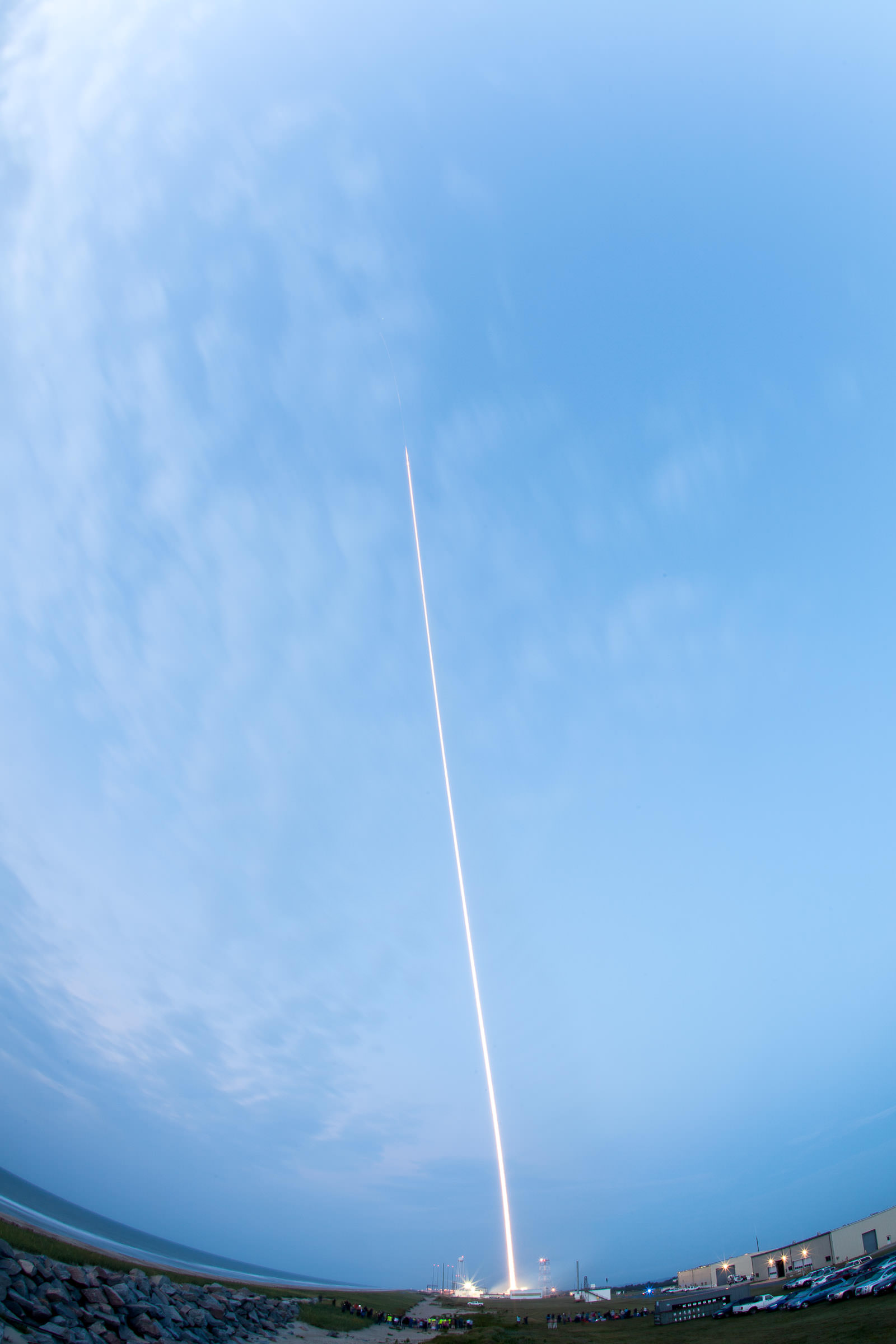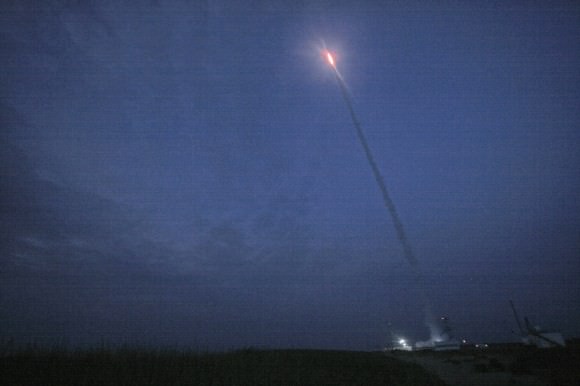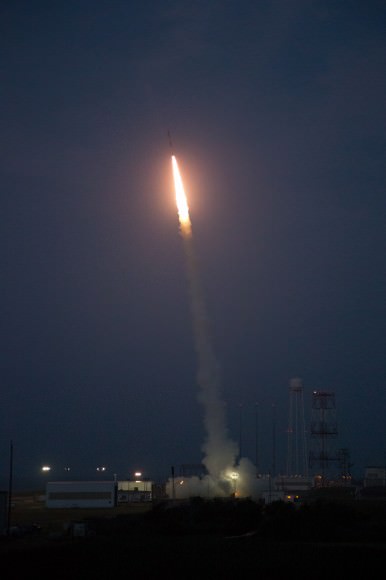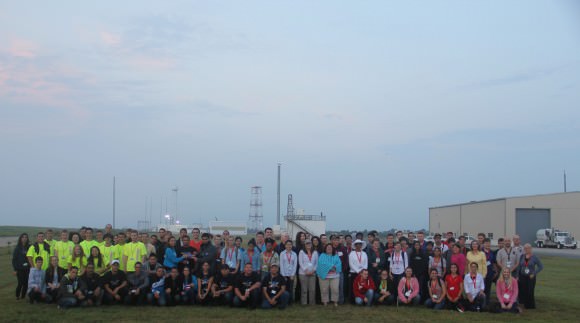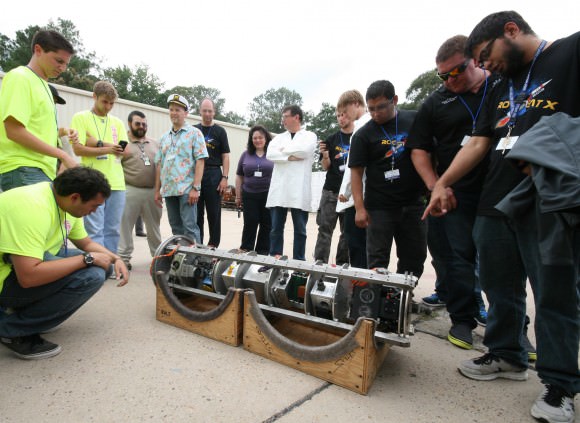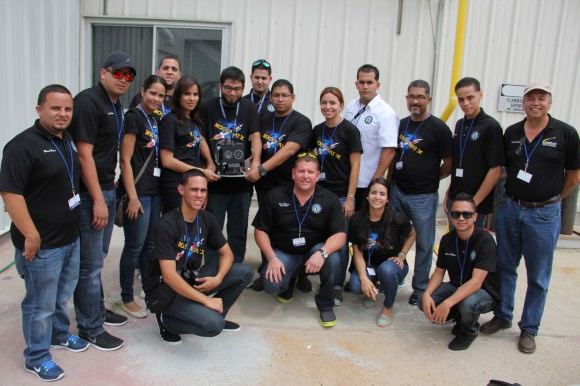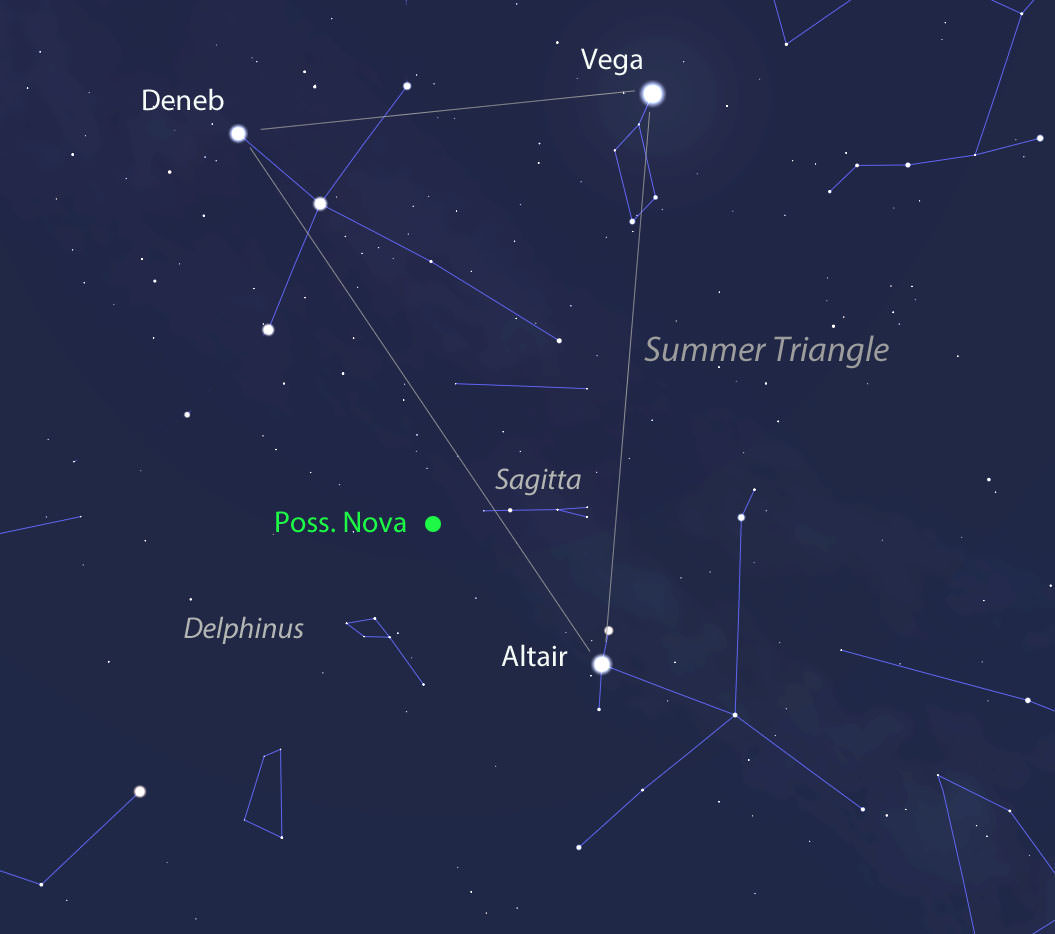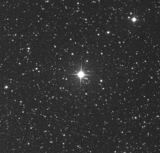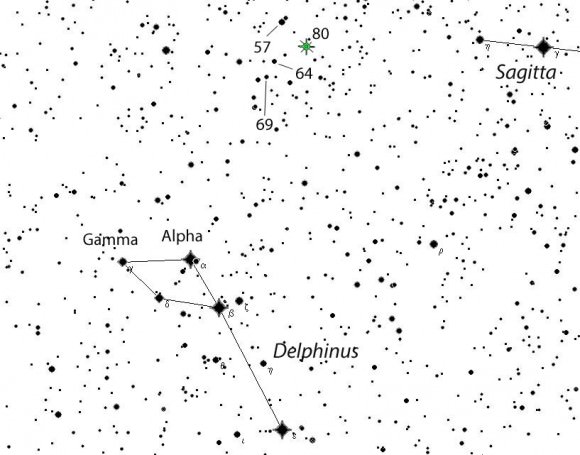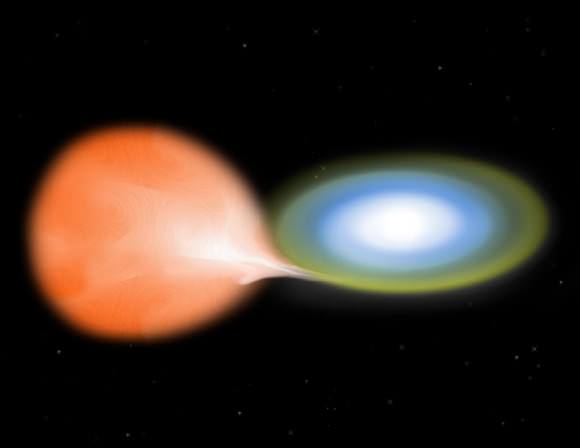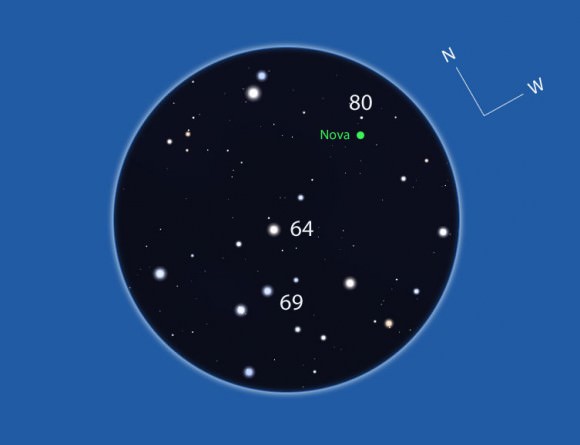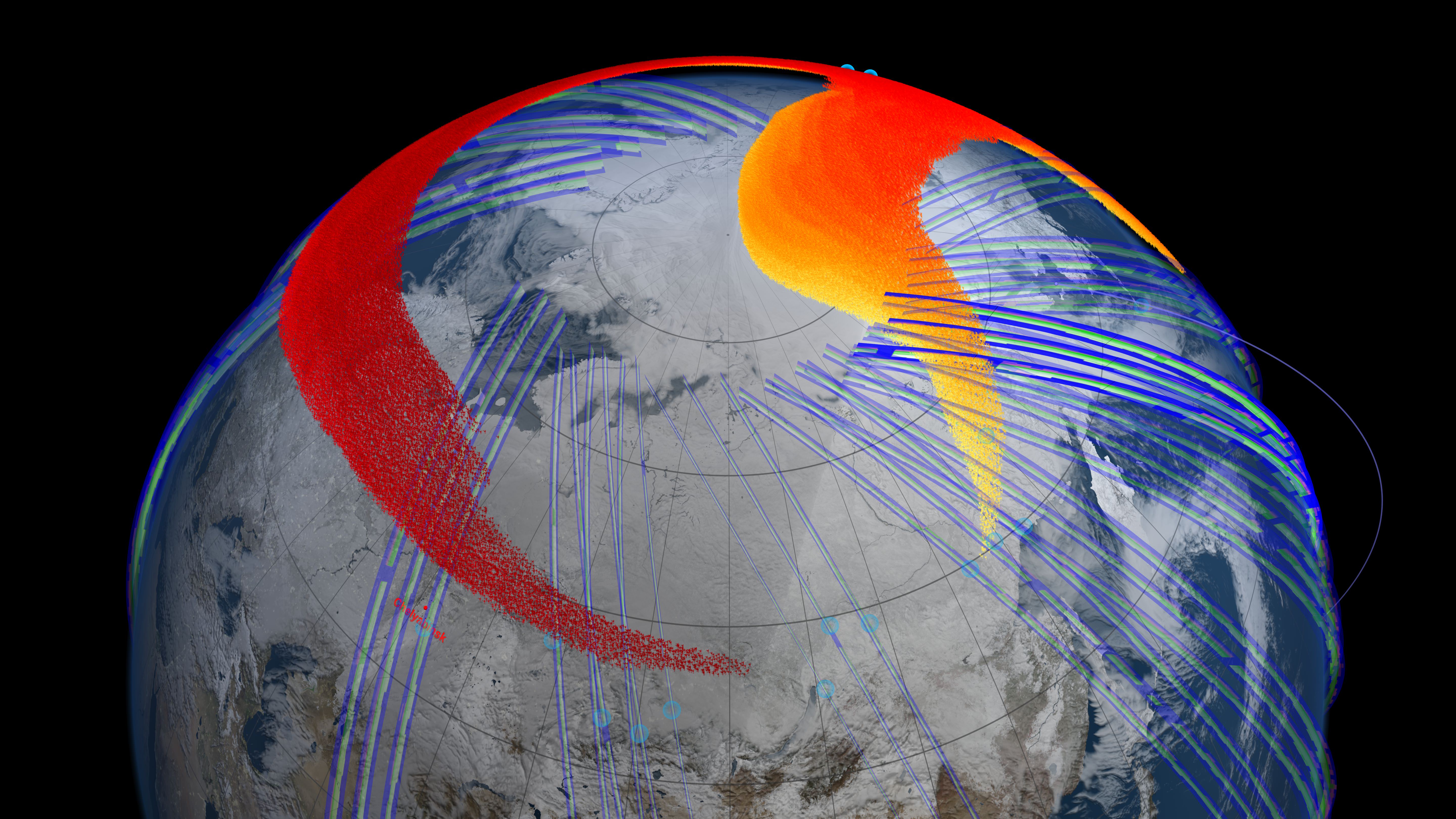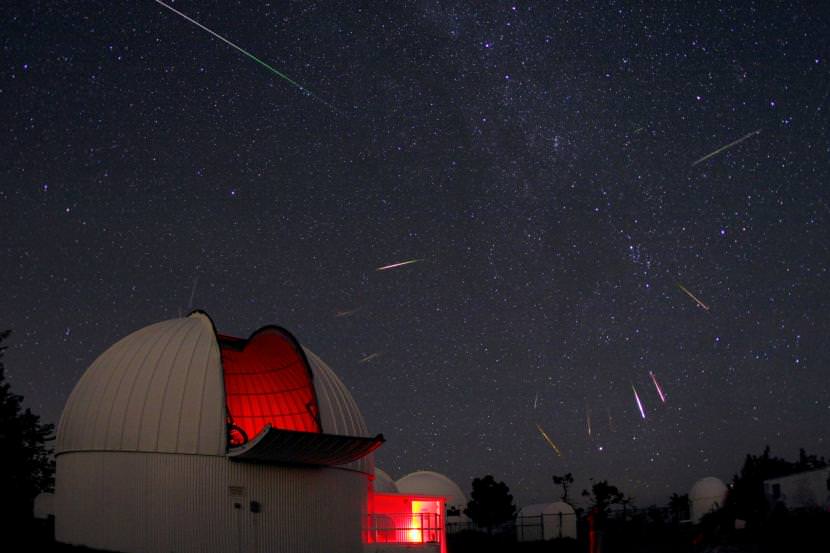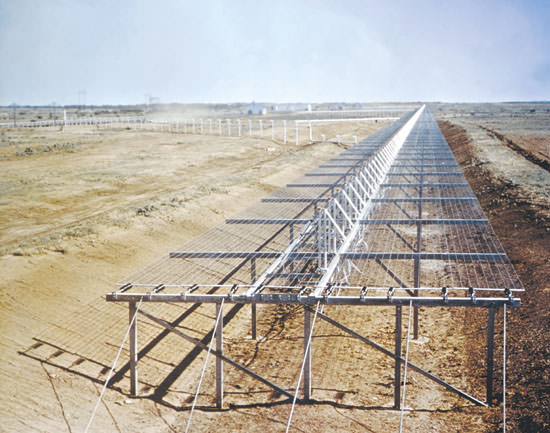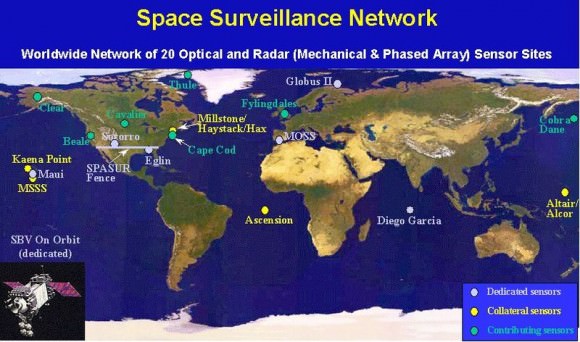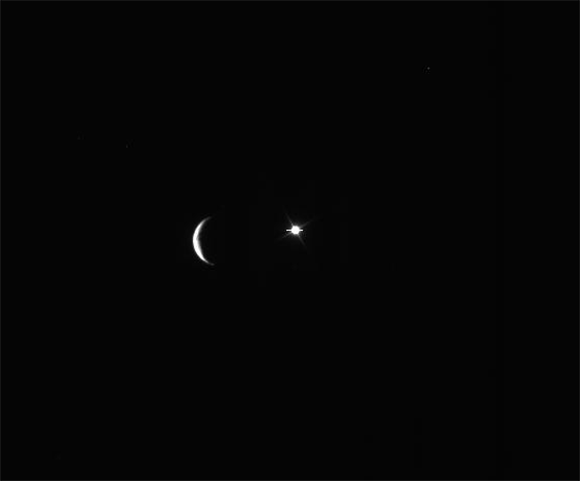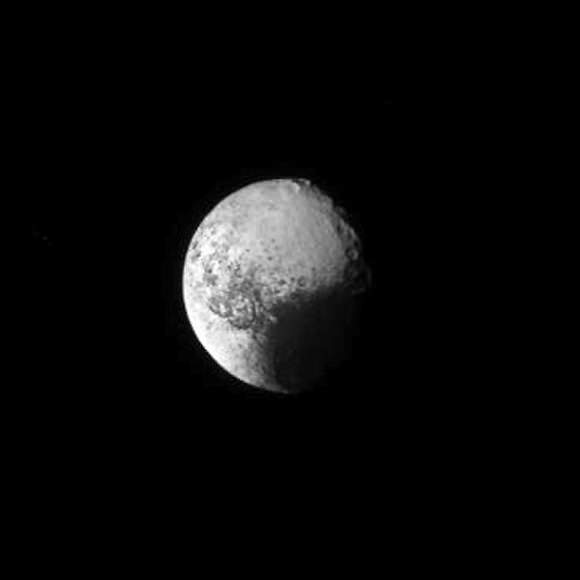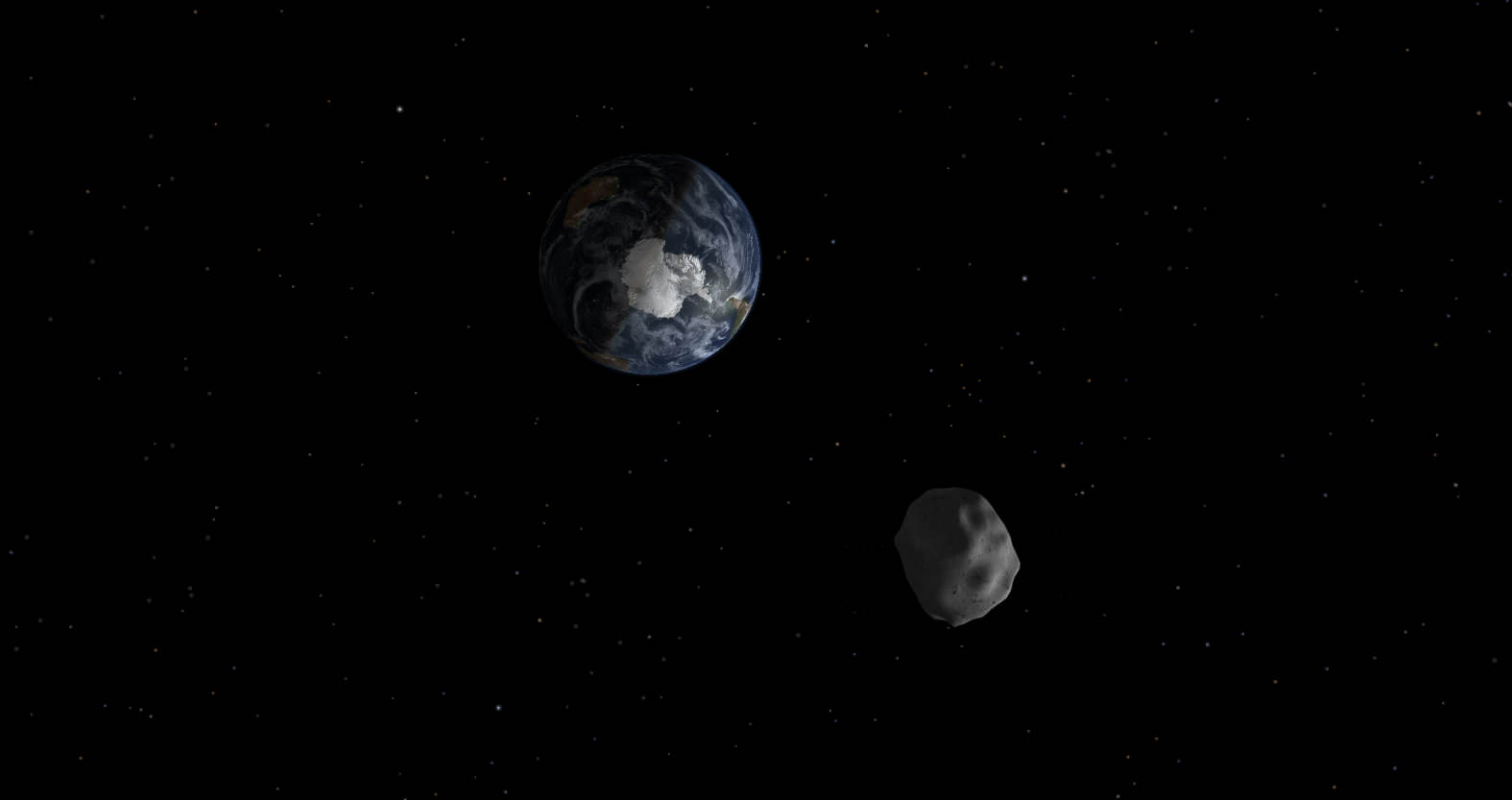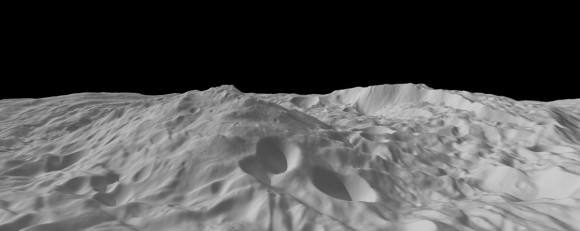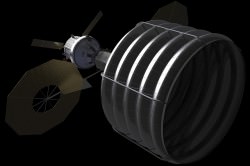The International Astronomical Union issued a statement on August 14, 2013 that they have changed their official stance on two things: 1. assigning popular names to the numerous extrasolar planets being discovered, and 2. allowing the public to be involved in that naming process.
“It is therefore in line with a long-established global tradition and experience that the IAU fully supports the involvement of the general public, whether directly or through an independent organised vote, in the naming of planetary satellites, newly discovered planets and their host stars,” the online statement said.
This new stance came as a surprise to many.
“I was surprised by the IAU statement encouraging the general public input on naming astronomical objects,” said Professor Abel Mendez, director of the Planetary Habitability Laboratory at the University of Puerto Rico, in an email to Universe Today. “This is certainly something good. …So there is now a public naming procedure that includes the IAU validation but this does not exclude any other non-IAU public naming campaigns.”
As recently as late March, 2013, the IAU’s official word on naming exoplanets was, “the IAU sees no need and has no plan to assign names to these objects at the present stage of our knowledge.”
Their rationale was since there is seemingly going to be so many exoplanets, it will be difficult to name them all.
But then, on about March 24, the IAU added this to their website:
“…the IAU greatly appreciates and wishes to acknowledge the increasing interest from the general public in being more closely involved in the discovery and understanding of our Universe. As a result in 2013 the IAU Commission 53 Extrasolar Planets and other IAU members will be consulted on the topic of having popular names for exoplanets, and the results will be made public on the IAU website.”
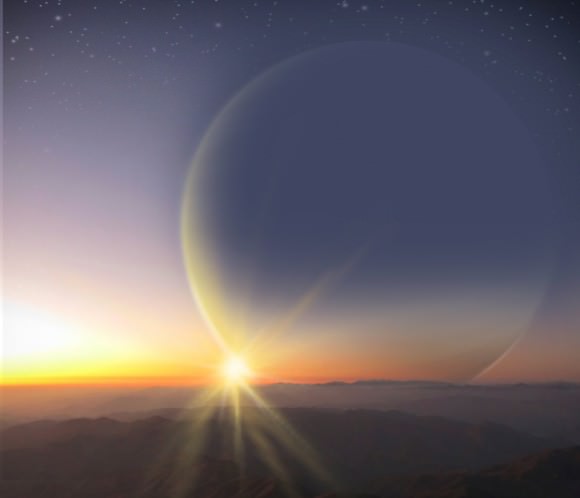
from the perspective of an imagined Earth-like moon orbiting the giant planet, PH2 b. Image Credit: H. Giguere, M. Giguere/Yale University
This new decision follows a line of events earlier this year where the SETI Institute and the space company Uwingu organized their own campaigns/contests for creating popular names of objects in space instead of the rather clinical, scientific names currently assigned to planets, such as HD 41004 Ab. Both events were wildly popular with the general public, but generated discussion about how “official” the names would be. The IAU issued a statement regarding the contests saying that while they welcomed the public’s interest in being involved in recent discoveries, as far as they are concerned, the IAU has the last word. Additionally, they were against “selling” names (Uwingu charged a fee to suggest a name and to vote as a fundraiser for space research.)
“In the light of recent events, where the possibility of buying the rights to name exoplanets has been advertised, the International Astronomical Union (IAU) wishes to inform the public that such schemes have no bearing on the official naming process. The IAU… would like to strongly stress the importance of having a unified naming procedure,” said the April 12, 2013 statement issued by the IAU.
The IAU’s new rules allow for individuals to suggest names of exoplanets and planetary satellites (moons) via email to the IAU (Click here for email address).
Public naming campaigns are also “sanctioned” given they follow a set of rules:
1. Prior to any public naming initiative, often a vote (hereafter “the process”), the IAU should be contacted from the start by Letter of Intent sent to the IAU General Secretary;
2. The process should be submitted in the form of a proposal to the IAU by an organization. Scientists or science communicators may be involved in the process;
3. The organization should list its legal or official representatives and its goals, and explain the reasons for initiating the process for naming a particular object or set of objects;
4. The process cannot request nor make reference to any revenues, for whatever purpose;
5. The process must guarantee a wide international participation;
6. The public names proposed (whether by individuals or in a naming campaign)should follow the naming rules and restrictions adopted for Minor Bodies of the Solar System, by the IAU and by the Minor Planet Center (see here and here
for more details.
Among other rules are that proposed names should be 16 characters or less in length, pronounceable in as many languages as possible, non-offensive in any language or culture, and that names of individuals, places or events principally known for political or military activities are unsuitable.
Also, the names must have the formal agreement of the discoverers.
The new statement also has its critics. People joked on Twitter this morning whether the name of our neighboring planet Mars, named for the god of war, will have to be changed due to the new restrictions on military nomenclature.
Astronomer Alan Stern, principal investigator of the New Horizons mission to Pluto and CEO of Uwingu said he was actually not surprised at the IAU’s new statement.
“Fundamentally it’s still about the public being subservient to IAU committees that pass on recommendations,” he said via an email response to Universe Today. “Old school. Why should the IAU be a traffic cop?”
Stern also said the new statement has several contradictions from the statement the IUA put out on April 12 of this year, such as that “these [naming]campaigns have no bearing on the official naming process — they will not lead to an officially-recognised exoplanet name, despite the price paid or the number of votes accrued.” It now would appear that contests that follow the IAU’s rules are OK.
Stern said he has received letters and emails of support from other astronomers, particularly on the “no revenue” provision, noting how astronomy publications and planetariums charge money for their magazines and sky shows.
“If they can do it, why can’t Uwingu — especially since Uwingu’s revenue is used (at least in part) to further the IAU’s own goals, namely, to advance the science of astronomy, and the public’s understanding of it, worldwide?,” Stern quoted one email he received.
Also, the April statement from the IAU said they were the single arbiter of the naming process of celestial objects, while the new August statement says, “The IAU does not consider itself as having a monopoly on the naming of celestial objects— anyone can in theory adopt names the way they choose.”
The statement goes on, “However, given the publicity and emotional investment associated with these discoveries, worldwide recognition is important and the IAU offers its unique experience for the benefit of a successful public naming process (which must remain distinct, as in the past, from the scientific designation issues).”
Since this is a public debate about the public’s involvement in providing popular names for astronomical objects, please add your thoughts in the comments.

